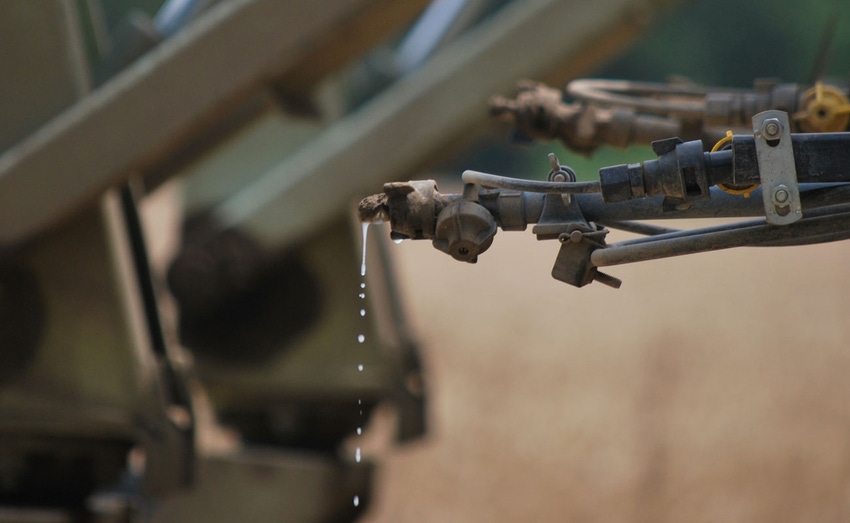November 14, 2019

It is no secret that judicious use of pesticides is paramount to just about every major crop production system in the U.S. We have all been challenged by the majority, nonagricultural community to do a better job. So, I would like to ask you the following: “What’s your Pesticide IQ?
To many who live outside the world of agriculture, it is often very easy to condemn the use of pesticides. But if you ever spent hours hand pulling yellow nutsedge from a strawberry patch or hoeing the 12-inch square left behind after mechanically cross-cultivating a field of tomatoes, you might have a different perspective. Those things are what partially sparked my interest in weed science while working on a small row crop/vegetable farm in southern New Jersey during the early 1980s.
Check out the recent USDA/NASS estimates about various pesticides used in field corn, peanut and soybean. I am hopeful everyone notices the fact that herbicides are the most widely (and important) used pesticide! Job security for me! Sorry Drs. Bob K. and Mark A.
Regarding your favorite pesticide, can you easily answer the following questions:
What pests will it control?
What’s the mode of action?
Are there any resistance issues?
What’s the optimum rate and time of application?
What is the environmental fate of this pesticide?
What is its off-target movement potential?
What crops can be safely planted after application (i.e. crop rotation)?
Are there any tank-mix issues that I need to be aware of?
If you can readily answer these questions, you just might be the “Einstein” of pesticides. Most importantly, by knowing the answers to these and many other important questions, you are likely to make more efficacious pesticide applications, minimize environmental effects, and prevent self-inflicted problems. Unfortunately, most problems I have encountered in the field over the years have been self-inflicted.
If you are looking to improve your Pesticide IQ, most of this information is available on the pesticide label. I know that pesticide labels do not read like Daniel Defoe’s “Robinson Crusoe” or Mark Twain’s “Tom Sawyer," but they offer an abundance of practical information. Sadly, they are under appreciated by many. Your county Extension agent, state Extension weed specialist, or local pesticide purveyor can help you get this information as well.
A tremendous source of technical information about herbicides can be found in the Weed Science Society of America’s Herbicide Handbook-10th Edition (http://wssa.net/2014/07/10th-edition-of-the-herbicide-handbook-is-now-available-for-purchase/). FYI, I garner no proceeds from the sale of this publication only the joy of sharing knowledge. That’s my job.
During this off-season, increasing your Pesticide IQ will go a long way in helping you become a better pesticide applicator. It is one of the few things in agriculture that YOU can control 100 percent. I encourage you to attend any and all meetings this winter where you have the opportunity, especially where I am the headliner.
As always, good weed hunting!
About the Author(s)
You May Also Like






